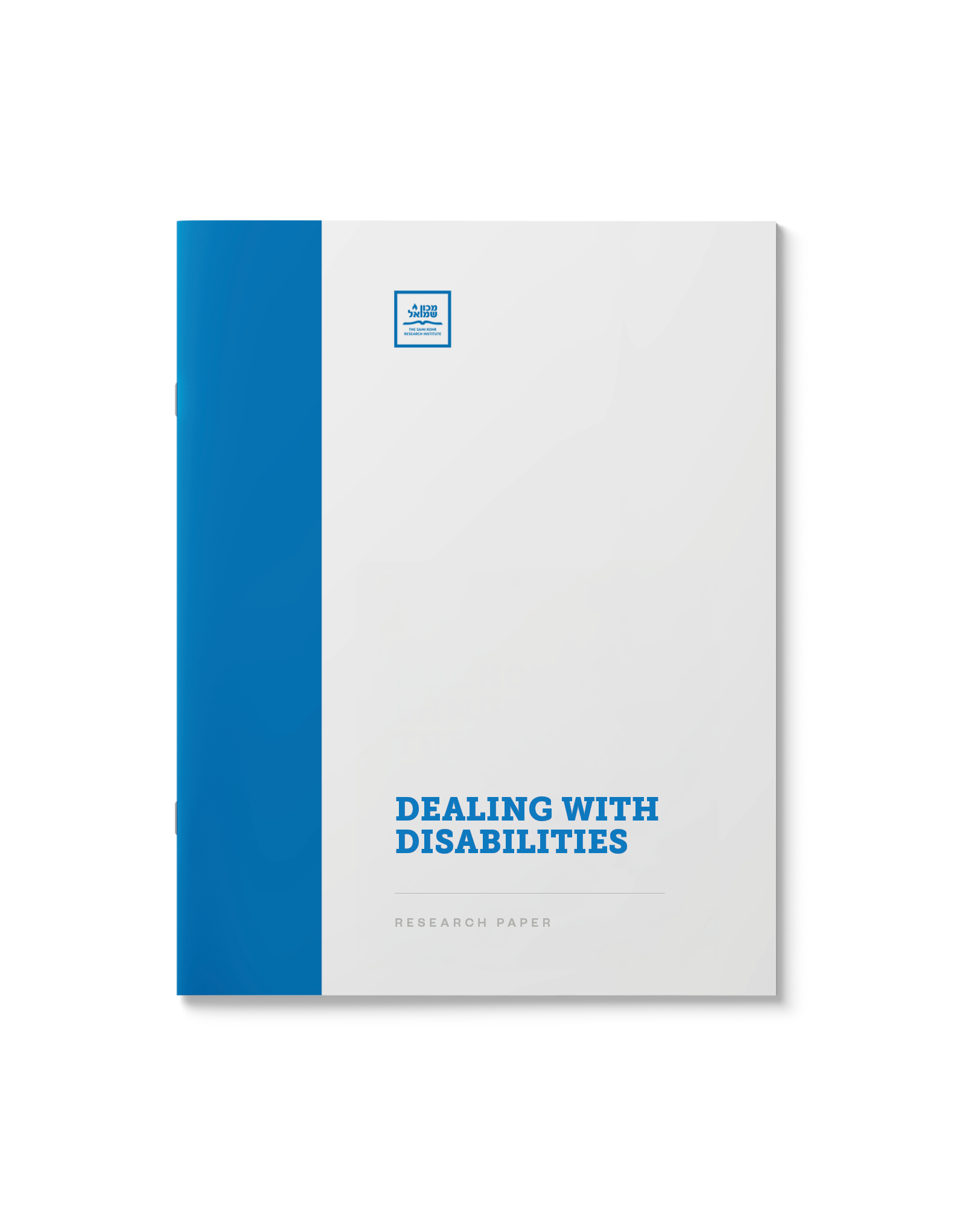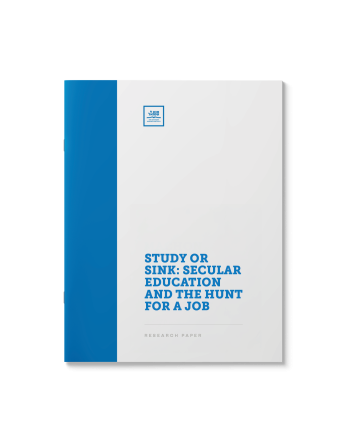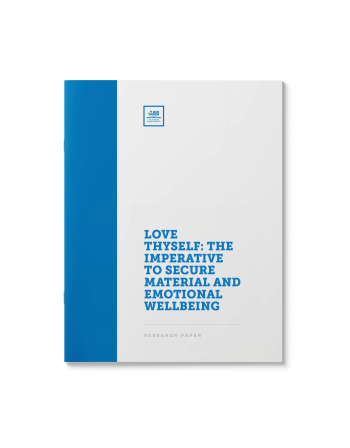Dealing with Disabilities
$75.00
A look at the halachic status of those with mental and physical disabilities, such as autism and deaf-muteness.
| Language | English |
|---|---|
| Paper Type | Research Paper |
| Pages | 50 |
Related Products
The Rambam is famous for suggesting that the unique status of the tribe of Levi can be shared by all those who devote their lives to Torah study while relying on others for their livelihood.
Many have sought to reconcile this lifestyle with various rulings of the Talmud and Shulchan Aruch, as well positions of Rambam elsewhere. What are the arguments for and against?
What are the challenges that the physically and mentally disabled face in observing Jewish law? Are exceptions made? How does halacha balance its obligations to the Torah and to man?
In recent decades, thousands of Jews have gravitated to the East in pursuit of spiritual enlightenment. More recently, several Eastern Practices have been secularized, popularized, and repackaged as physical and meditative exercises. Does this make them kosher? Which practices are problematic and should be avoided? And what was the Rebbe’s response to the popularization of Yoga and Transcendental Meditation back in the ’70s?
(67 pages)
Submitted by a Shliach in New York
What do Torah sources require in maintaining a high standard of cleanliness, particularly with regard to food preparation?
(Hebrew)
Joy is one of Judaism’s highest placed values. See why from a range of perspectives including halacha, mussar, and Chassidus. The Baal Shem Tov’s unique emphasis on simcha rounds out this broad discussion.
Many natural substances have psychoactive (mind-altering) properties that can significantly impact one’s mental state and affect one’s mood.
May an observant Jew avail himself of such stimulants? Is such recreation acceptable from a halachic standpoint, or does it contravene one’s Torah obligations? How would we judge actions taken while under the influence of drugs and alcohol?
See also: “The Drugs Debate” on the appropriate legislative attitude towards controlling the proliferation of potentially harmful substances.
Table of Contents
Judaism generally eschews secular education at the expense of Torah study. The reality, though, is often that one must gain some education or skill in order to make a livelihood. What does Jewish law say about this? What are the limits? How do we balance dogma with daily life?
Related: Studying the Secular: The Soul of the Matter
An interesting look at man’s obligations to himself. What does Jewish law demand of him to do to better his lot in life? A survey of the financial, emotional and health precautions that one must take.
הדרת פנים זקן. סקירה כוללת ומקיפה על יסוד איסור השחתת הזקן, השיטות והטעמים בזה.
Each individual is blessed with a unique vantage point through which to observe reality. But are there circumstances in which voicing those opinions is inappropriate accoriding to Torah law? What is the halachah about disagreeing with pre-eminent Torah sages?
What is the purpose of dreams? Are their messages real? Is a dream about a Tzaddik to be considered fact or fantasy?
(Includes 88 pages of supplementary material)
A Yeshiva is the mainstay of the Jewish community. The Rebbe would often encourage people to support Yeshivos in a myriad of ways, be it by encouraging enrollment, assisting with financial support, and the like. This features a collection of the Rebbe’s talks on the importance of supporting Yeshivos.















